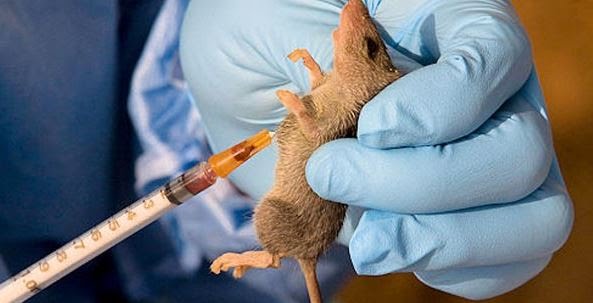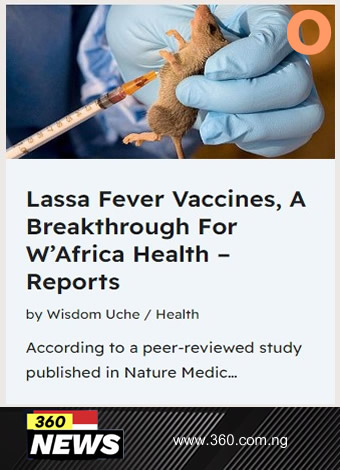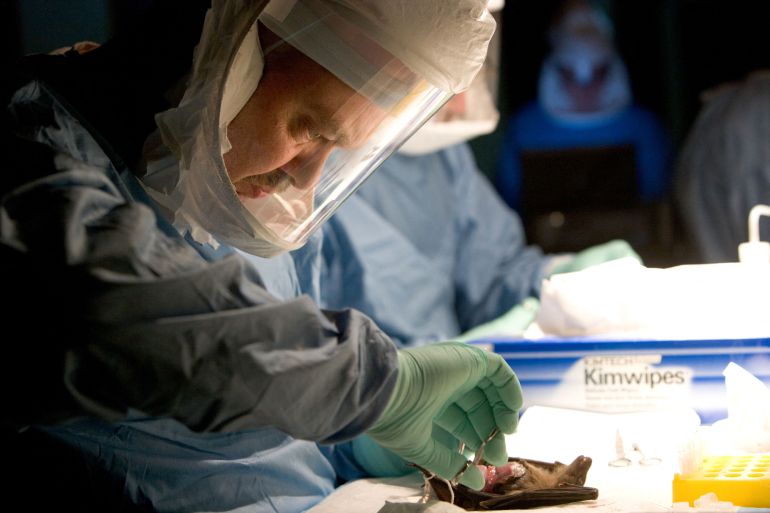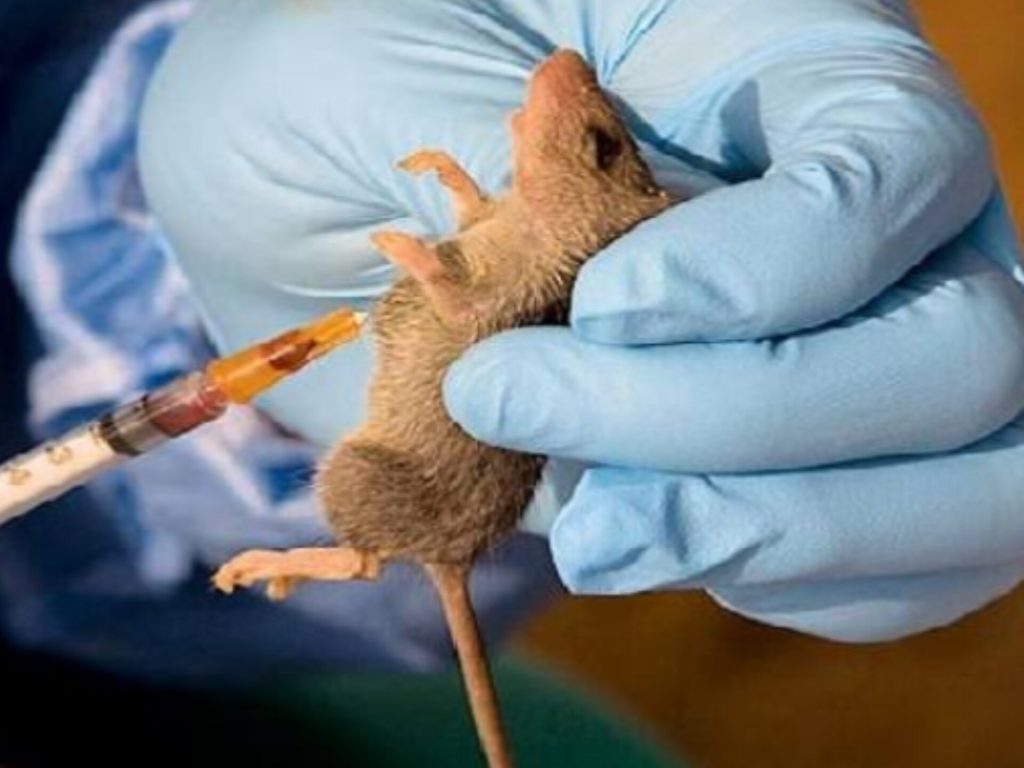Lassa Fever Vaccines, A Breakthrough For W’Africa Health – Reports

According to a peer-reviewed study published in Nature Medicine, the implementation of a safe and effective Lassa vaccine throughout 15 West African nations could potentially save up to $128 million in societal expenditures over a ten-year period, as well as 3,300 lives.
According to the findings of a study done by the Liverpool School of Tropical Medicine, the Universities of Oxford and Liverpool, vaccination against Lassa fever, a virus spread by rodents and contaminated food, would protect millions of people from getting sick and from having to pay high medical costs that could otherwise push them into poverty.
“Lassa fever is an important health issue for the public in West Africa and is already threatened from spreading to further regions as climate and environmental change increase epidemic risk,” according to Richard Hatchett, CEO of the Coalition for Epidemic Preparedness Innovations, or CEPI.
“Due to limited access to diagnostics and healthcare, we believe this disease affects many more people than those who are reported. This study demonstrates the urgent need for a vaccine to protect people from this debilitating and sometimes deadly disease.”
At the West African Health Organization, Dr. Virgil Lokossou, Head of Division-Preparation and Response, stated: “Lassa fever continues to pose a serious public health threat in West Africa, severely impacting our lives, health, and economic systems.”
As part of the regional preparedness and response activities, this modeling analysis emphasizes the impact of Lassa fever and its substantial socioeconomic ramifications, highlighting the urgent need to accelerate vaccine research and development.
Under the direction of Senior Researcher David Smith, the research team also evaluated the possible effects of introducing a vaccine against a novel Lassa-like virus that has the ability to spread globally, a fictitious illness they named Lassa X, within 100 days of its appearance.
The findings imply that a mass immunization program against Lassa fever could considerably lessen the disease’s effects throughout West Africa. Researchers predict that within 100 days of an outbreak, vaccinate 40 percent of the population annually with a vaccine that is both safe and 70 percent effective.
This vaccination might avoid over 33,000 hospital admissions and over 5,500 deaths over the course of two years. The work supports the global 100 Days Mission, spearheaded by CEPI, which aims to quickly produce vaccinations against newly emerging diseases.
According to estimates, Lassa fever currently results in 3,900 deaths and 23,700 hospital admissions on average per year in West Africa; however, because of underreporting, the true toll is probably higher.
The work supports the global 100 Days Mission, spearheaded by CEPI, which aims to quickly produce vaccinations against newly emerging diseases.
According to estimates, Lassa fever currently results in 3,900 deaths and 23,700 hospital admissions on average per year in West Africa; however, because of underreporting, the true toll is probably higher. Based on modeling, it was found that vaccination efforts aimed at preventing diseases in endemic areas are significantly more successful than reactive measures taken in the case of an outbreak. Although the latter can lessen the financial load on health care, they are only roughly 10% as successful as population-wide strategies.
References and Citation
vanguardngr.com – Lassa fever vaccination game-changer for West African health, economy — STUDY
independent.ng – New Lassa Fever Vaccine Could Save Thousands, Avert Millions In Costs, Study Reveals
tribuneonlineng.com – Lassa fever vaccine to save 3300 lives in West Africa — Report
punchng.com – Lassa fever vaccine could save over 3,000 lives — Study
Picture News







